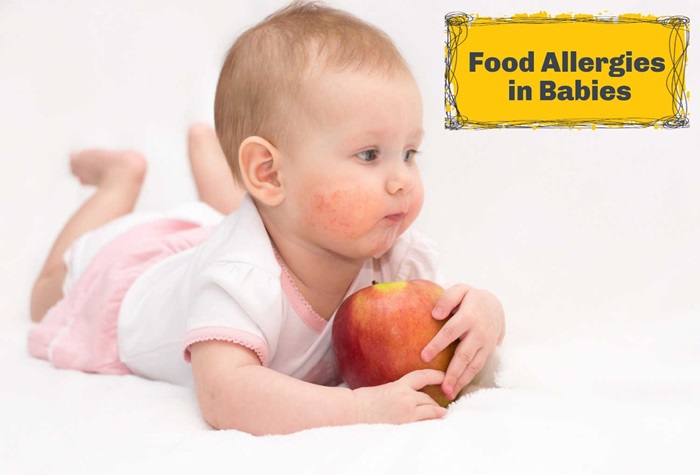
Allergies in Babies: Identifying Triggers and Managing Symptoms
Understanding Common Allergens:

- Food Allergies: Common food allergens in babies include cow's milk, eggs, peanuts, tree nuts, soy, wheat, fish, and shellfish.
- Environmental Allergens: These include pollen, dust mites, pet dander, mold spores, and insect bites.
- Skin Allergens: Irritants such as fragrances, certain fabrics, and harsh detergents can trigger allergic reactions in sensitive babies.
Recognizing Allergy Symptoms:
- Food Allergies: Symptoms may include hives, eczema, vomiting, diarrhea, abdominal pain, wheezing, coughing, or difficulty breathing.
- Environmental Allergies: Symptoms can manifest as sneezing, runny nose, nasal congestion, itchy eyes, skin rashes, or asthma-like symptoms.
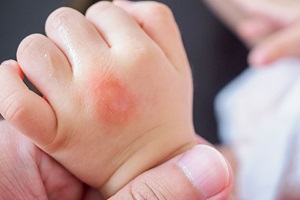 | 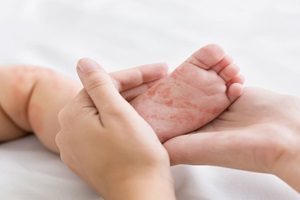 |
- Skin Allergies: Look for redness, itching, swelling, or rashes on the skin, especially in areas exposed to potential irritants.
Keeping a Symptom Diary:
- Track your baby's symptoms, including when they occur and any potential triggers, in a symptom diary. This can help identify patterns and narrow down possible allergens.
Consulting a Pediatrician:
- If you suspect your baby has allergies, consult a pediatrician for proper evaluation and diagnosis. They may recommend allergy testing, such as skin prick tests or blood tests, to identify specific allergens.
Implementing Allergy Management Strategies:
- Food Allergies: If your baby is diagnosed with a food allergy, eliminate the allergen from their diet and read food labels carefully to avoid accidental exposure. Breastfeeding mothers may need to adjust their diet if the baby is allergic to certain foods.
- Environmental Allergies: Minimize exposure to environmental allergens by keeping windows closed during high pollen seasons, using allergen-proof bedding covers, and regularly vacuuming and dusting your home.
- Skin Allergies: Choose hypoallergenic skincare products, detergents, and fabrics for your baby's clothing and bedding. Keep their skin moisturized and avoid harsh chemicals or fragrances.
Managing Allergic Reactions:
- Follow your pediatrician's guidance on managing allergic reactions. This may involve administering antihistamines or epinephrine (for severe reactions) as prescribed and seeking immediate medical attention if necessary.
- Create an emergency action plan with clear instructions on how to respond to allergic reactions, especially for caregivers and family members.
Educating Caregivers:
- Ensure that caregivers, such as daycare providers or family members, are aware of your baby's allergies, symptoms, and emergency action plan. Provide clear instructions on avoiding allergens and managing reactions.
Regular Follow-ups:

- Schedule regular follow-up appointments with your pediatrician to monitor your baby's allergy symptoms, adjust management strategies as needed, and ensure they are growing and developing appropriately.
By staying vigilant, proactive, and informed, parents can effectively identify triggers and manage symptoms of allergies in their babies, promoting their health and well-being.

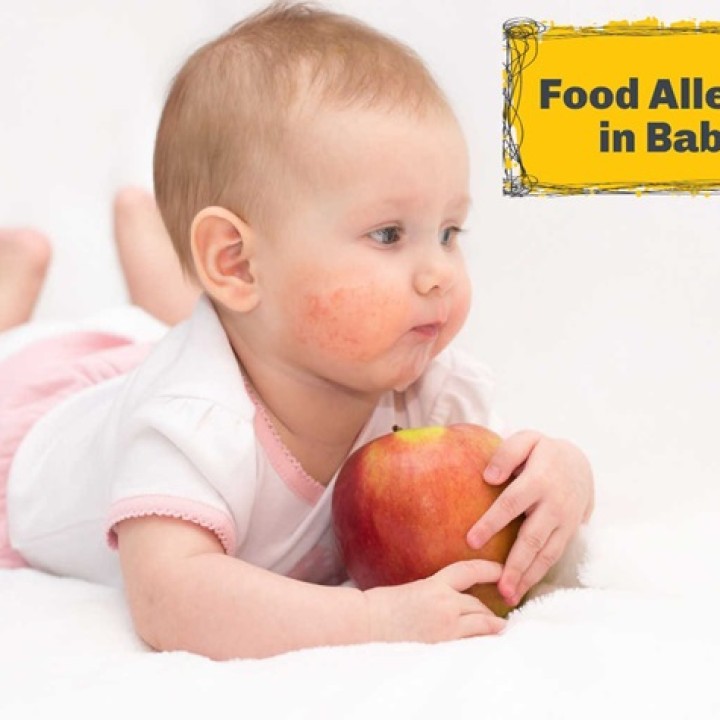
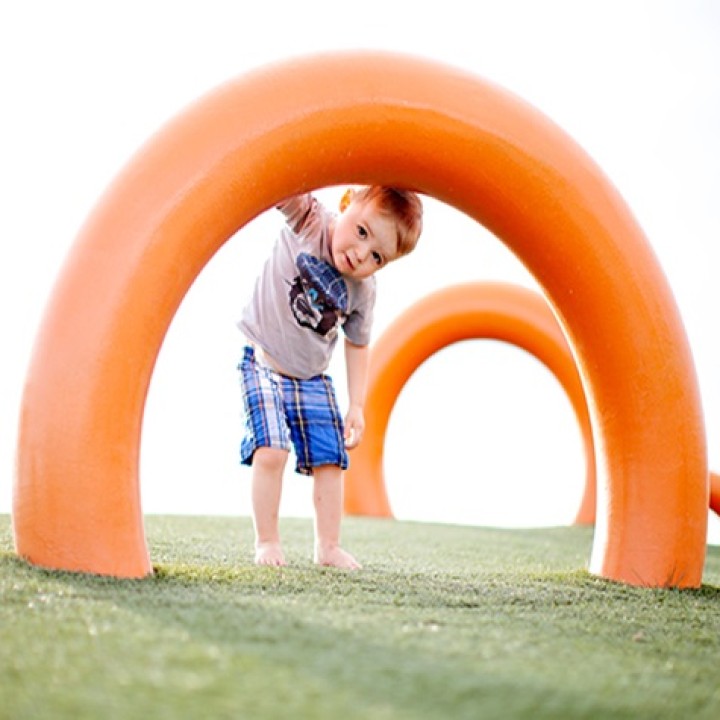


Comment